Background
The COVID-19 pandemic spread to India when its first case, in Kerala, was confirmed on 30 January 2020. As of 5 October 2020, there have been 6.62 million positive cases, with 5.59 million recoveries, and 103,000 deaths across the country. On 24 March 2020, Prime Minister Narendra Modi announced a 21-day national lockdown to contain the pandemic which was further extended until the end of May, generating a massive urban to rural exodus with millions of migrants desperately trying to return home; thousands were seen walking or bicycling hundreds of kilometers to go back to their native villages. UNICEF has supported various states in reaching an estimated 40 million beneficiaries with hygiene messages, WASH services, and supplies in partnership with government, NGOs, and the private sector (via corporate social responsibility initiatives) as of November 2020. UNICEF has, at the central-level and in states, provided technical support to the government in planning, capacity building, implementation of COVID-19 activities, behavior-change communications as well as the development/dissemination of protocols on safety practices.
Strategies /approach:
Delhi and 27 state office teams have led and contributed to multiple rapid assessments, especially during the beginning of the response period when information was required to identify urgent needs. UNICEF staff members in Bihar, Gujarat, Uttar Pradesh (UP), and Chhattisgarh conducted WASHES assessments in health care facilities (HCFs) and quarantine centers. The findings have informed the development of state WASH protocols. Other states, such as Assam, Rajasthan, and Odisha, conducted assessments at households, as well as intermediary and temporary medical camps, which helped inform state planning. UNICEF supported Rapid Needs Assessments on migrants and shelter camps in Maharashtra, Odisha, UP and Gujarat. The findings were used to support the state to develop a real-time shelter management protocol. Odisha and West Bengal led a detailed study to understand the disruption of basic WASH services in urban slum settlements, supporting the COVID response Around 15,805 hand washing stations in rural communities and shelter camps, which inspired local governments to scale up this initiative with their own resources. UNICEF provided technical support to state-level PHED water quality laboratories on the production of hand sanitizers in multiple states, and trained Self-Help Groups (SHGs) on local soap production. Compendium of hand washing designs, including foot-operated hand washing station designs, has been particularly successful and translated into local languages, inspiring local producers to start producing and installing these designs. In Maharashtra UNICEF WASH colleagues coordinated the humanitarian response to migrants and launched a collaborative platform (named Jeevan Rath) of 75 partners and over 1,000 volunteers that distributed food, hand hygiene materials, sanitary napkins, footwear, water, basic medical support, etc. in Mumbai. WASH colleagues in Andhra Pradesh, Karnataka, Telangana, Chhattisgarh, Odisha, MP, and UP also supported addressing migrant populations’ needs, including setting up protocols for temporary camp management; developing mobile applications aiming to map migrant skills to ongoing needs in home states; and providing necessary hygiene kits and food rations to people on the move.
Government of India (via the Department of Drinking Water and Sanitation, Ministry of Jal Shakti) for the issuance of guidance for the ‘continuity of work for sanitation and hygiene activities during lockdown in rural areas under Swachh Bharat Mission (SBM) Open Defecation Free (ODF) ’ as well as for the safety of sanitation workers. Importantly, these advisories granted the authorization to state governments to use part of the programme budgets for COVID-sensitive and COVID-specific interventions.
Accessing government data on the WASH situation (including WASH in health care facilities) was a challenge, partly due to the sensitivity of the data as well as challenges in collecting the data given COVID-related restrictions. UNICEF conduced baselines in April and May to collect data for evidence-based decision making. However, there needs to be follow up surveys to reassess the situation. In settings such as health facilities, teams used assessment tools approved by the government rather than the detailed WASH assessment tools that they would otherwise have used.
Gaps in the WASH-related response included reaching people with disabilities and supporting supply chains for affordable sanitary products to manage menstrual hygiene (including making them available at distribution points given that schools and Anganwadis were closed). Newspaper reports of people drinking alcohol-based hand sanitizer meant distributing such supplies to slums and schools had to stop, and hand soap had to be promoted more rigorously.
– By Sourik Das (Intern)

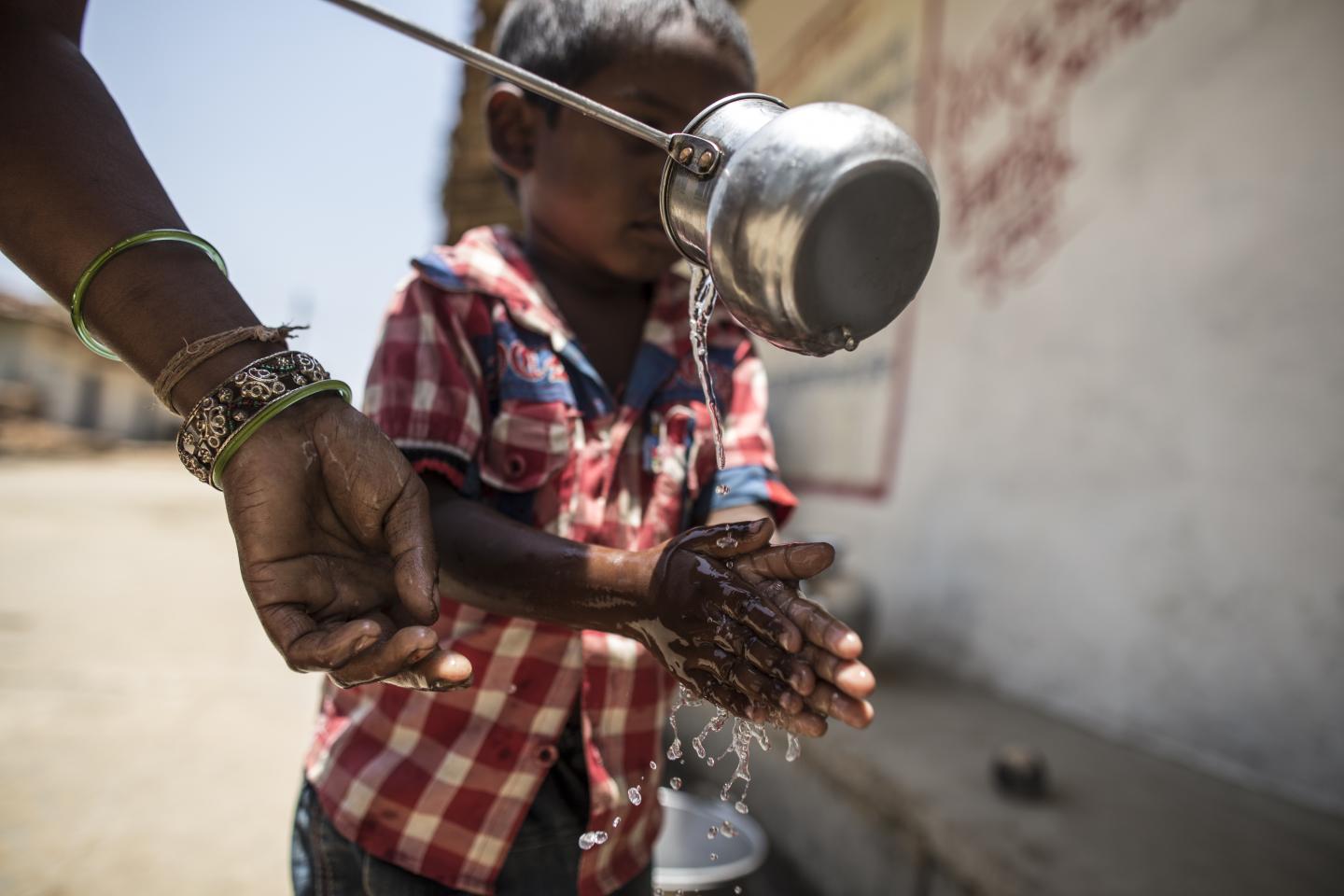
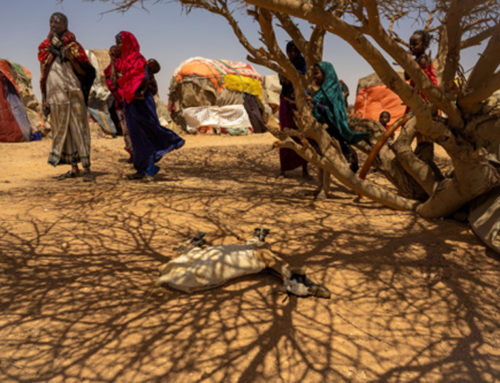
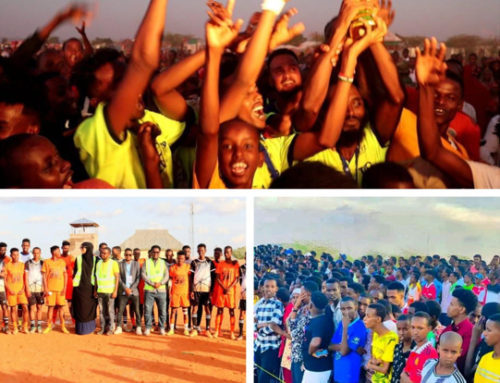
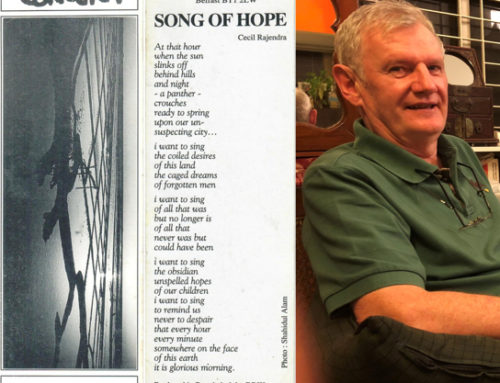
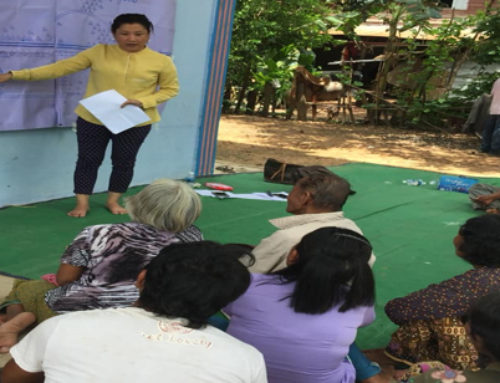
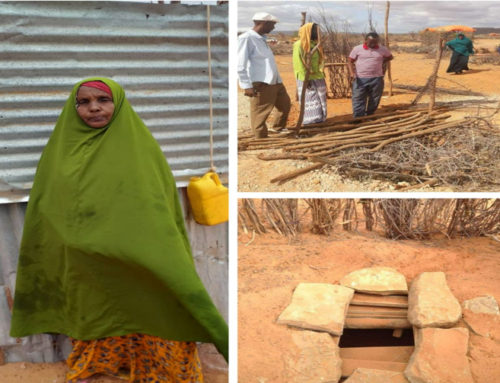
Leave A Comment